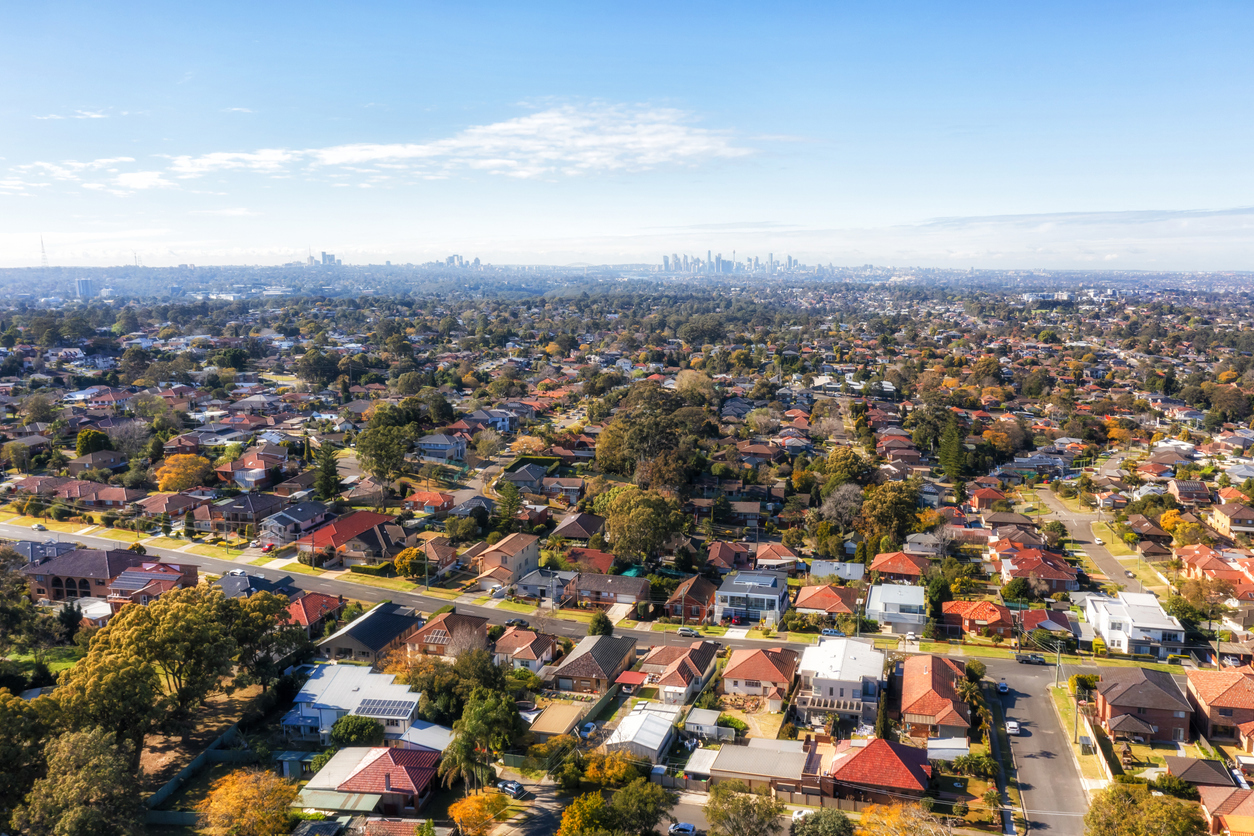
Stressed homeowners will have to wait until next year for mortgage relief, according to a polled array of experts.
Comparison spoke to 42 experts and economists for this month’s RBA Cash Rate Survey, and every one of them said the Reserve Bank would hold the cash rate at 4.35 per cent in September.
And 68 per cent of those who weighed in expected to see the first rate cut in the first three meetings next year, with 44 per cent naming February 2025 as the most likely option.
READ MORE: Free weekend rail travel in Sydney as sports fans descend on city, but expect delays
Finder head of consumer research Graham Cooke suggested there was a chance the first cut could come sooner.
“We’ve now seen the US Federal Reserve lower American interest rates by a huge 50 basis points,” he said.
“This makes it far more likely that we will see an RBA cut this year, likely in November.”
READ MORE: More cash for millions of Australians from today
Geoffrey Kingston from Macquarie University Business School said it has been another month of mixed signals.
“On the one hand, inflation remained too high, propped up by high public-sector spending,” he said.
“On the other hand, the private sector continued to weaken.”
READ MORE: WA premier’s message after state rocked by alleged homophobic attacks
The panel of experts said there was a 39 per cent chance of Australia experiencing a recession in the next 12 months.
And 34 per cent thought there was a higher than 50 per cent chance of that happening.
Stella Huangfu from the University of Sydney said factors including high interest rates, global economic uncertainty, weak consumer confidence, and a labour market slowdown, could all contribute to a recession.
Jakob Madsen from UWA said the economy was severely out of equilibrium.
“Australia (like many other countries) has bubbles in stock, housing and credit markets and investment is low, so I cannot see how it can continue,” Madsen said.
But Tim Reardon from the Housing Industry Association said the likelihood of a recession in Australia was no higher than usual.
“Strong population growth and tight labour markets [are] helping to offset the headwinds working in the opposite direction.”
Cooke said while Australia has technically avoided a recession, many people are experiencing economic hardship.
“Soaring living costs, coupled with stagnant wages and a high cash rate, have created a challenging financial environment for many households,” he said.
“The best way to safeguard your finances is to prioritise paying off high-interest debts and explore ways to increase your savings.”
Panellists expected low growth for average house and unit prices across all capital cities except for Perth.
The weighted average growth rate across the capital cities was forecast to be 2.1 per cent.
Perth is projected to see the biggest rise, with an average change of 5.2 per cent.
This would bring the average minimum income required for a house to $154,910, and $103,966 for a unit.
FOLLOW US ON WHATSAPP HERE: Stay across all the latest in breaking news, celebrity and sport via our WhatsApp channel. No comments, no algorithm and nobody can see your private details.
links to content on ABC
9News





